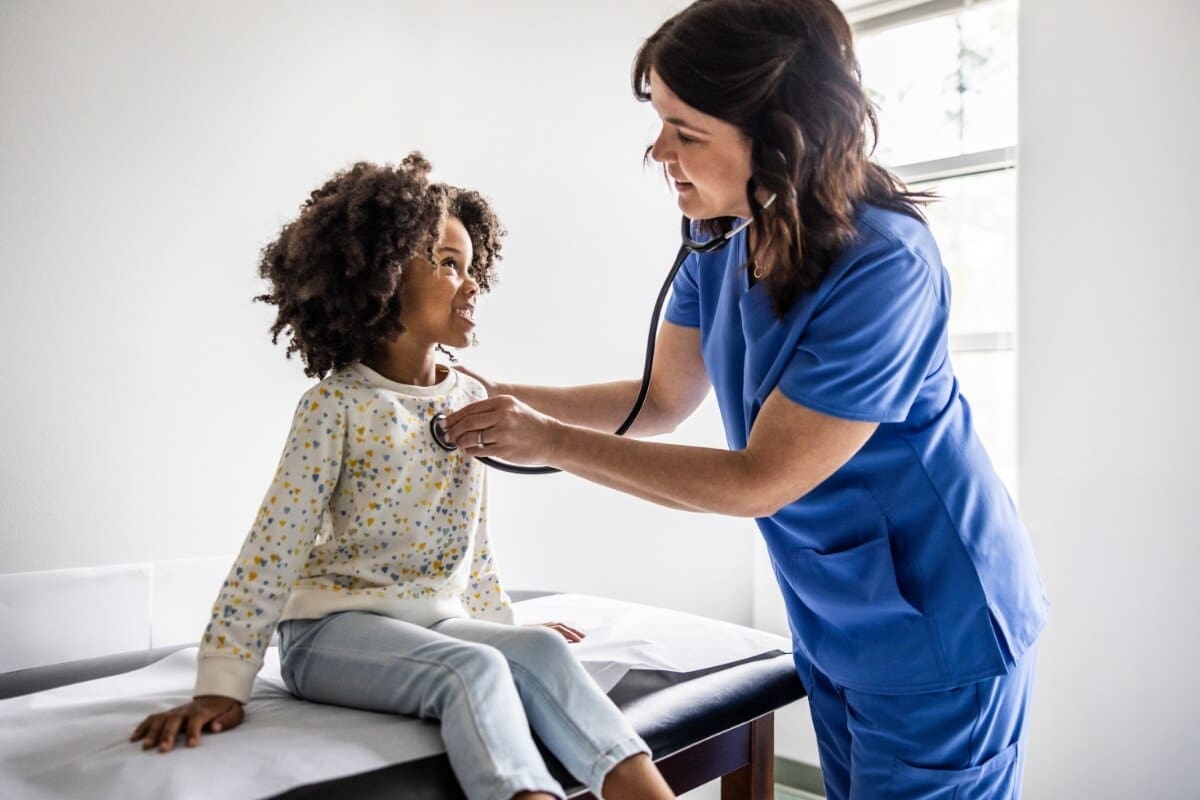
What is stomach cancer?
Stomach cancer (also called gastric cancer) is the growth of cancer cells in the lining and wall of the stomach.
Symptoms of stomach cancer
Sometimes cancer can grow in the stomach for a long time before it causes symptoms. In the early stages, stomach cancer can cause the following symptoms:
- Indigestion, stomach discomfort, or heartburn
- Nausea
- Loss of appetite
- Fatigue
When the cancer is larger, it can cause these symptoms:
- Blood in your stool or stools that are black in color
- A bloated feeling after eating, even when eating a small amount
- Vomiting after meals
- Unintended weight loss
- Stomach pain, especially after meals
- Weakness and fatigue
Many of these symptoms may be caused by conditions other than cancer. However, if you have any of these problems and they don’t go away, talk to your doctor. The earlier stomach cancer is found, the better the chances for effective treatment.
What causes stomach cancer?
Your chances of getting stomach cancer are higher if you have had a stomach infection caused by bacteria called Helicobacter pylori (also called H. pylori). That can cause ulcers in the stomach. You’re also more likely to get stomach cancer if you:
- Are a man
- Are older than 50 years of age
- Have a close relative who has had stomach cancer
- Smoke cigarettes
- Abuse alcohol
- Are an African American, Hispanic American, Asian American, or Pacific Islander
- Have stomach polyps(small growths in the lining of your stomach)
How is stomach cancer diagnosed?
If your doctor suspects that you might have stomach cancer, they will look at your medical history and do a complete physical exam. Your doctor might order a computed tomography (CT scan). Your doctor might also (or instead) refer you to a specialist for an endoscopy to try to see the tumor. For this exam, your doctor will place a thin, lighted tube into your mouth and pass down to your stomach. Your doctor may give you medicine before the test to make you more comfortable.
During endoscopy, your doctor might remove a small piece of your stomach to check it for cancer cells. This is called a biopsy sample. The sample is then sent to a lab where it’s looked at under a microscope to determine if it’s cancerous.
Can stomach cancer be prevented or avoided?
There is no way to prevent stomach cancer. However, you can help reduce your risk of stomach cancer by not smoking and by limiting how much alcohol you drink. Also, maintain a healthy weight and eat a diet high in fresh fruits and vegetables.
Stomach cancer treatment
Treatments for stomach cancer include surgery, chemotherapy, radiation therapy, targeted drug therapy, immunotherapy, or a combination of these treatments. The choice of treatment depends on whether the cancer is just in the stomach or if it has spread to other places in the body. Your age and overall health will also affect the choice of treatment.
Living with stomach cancer
Medical treatment may remove or destroy your cancer. Even though you will feel relieved, you may worry, too. You may be afraid that the cancer will return. It’s completely normal to feel this way. It may be comforting to know that your doctor will still want to monitor your closely. You may need to see your doctor every 3 to 6 months for a few years.
If part of your cancer treatment involved removing all or part of your stomach, your doctor will refer you to a nutritionist. The nutritionist will help you plan meals so you get the vitamins and minerals that your body needs. You may also need to take vitamin supplements.
Following treatment, your cancer may not completely go away. It can turn into a chronic condition. This can be stressful for you and your loved ones. You may need chemotherapy or other treatments to help control the cancer. These treatments can keep the cancer small and keep it from growing. When it’s not growing, you can take a break from treatment until it begins growing again.
If you have chronic cancer, it is important to find support for you and your family. Talk to a counselor, a minister or rabbi, or a support group. Know that you aren’t facing cancer alone.
Questions to ask your doctor
- I have a stomach ulcer. Am I more likely to get stomach cancer?
- Will eating a healthy diet help me to prevent getting stomach cancer?
- My father had stomach cancer. Should I be tested for it?
- What is the best treatment for my stomach cancer?
- Will I be able to eat normally after my treatment?
- After my treatment, will I have to come back often to make sure my stomach cancer doesn’t come back?
- During and after treatment, should I quit drinking alcohol?
![]()
Copyright © American Academy of Family Physicians
This information provides a general overview and may not apply to everyone. Talk to your family doctor to find out if this information applies to you and to get more information on this subject.













